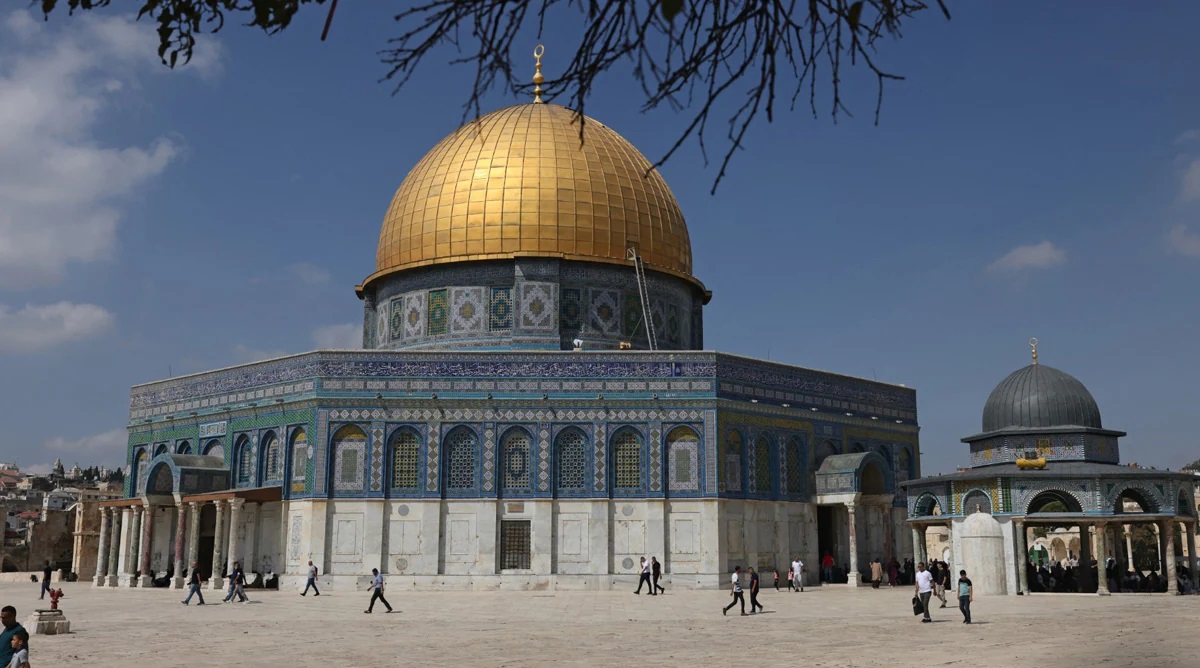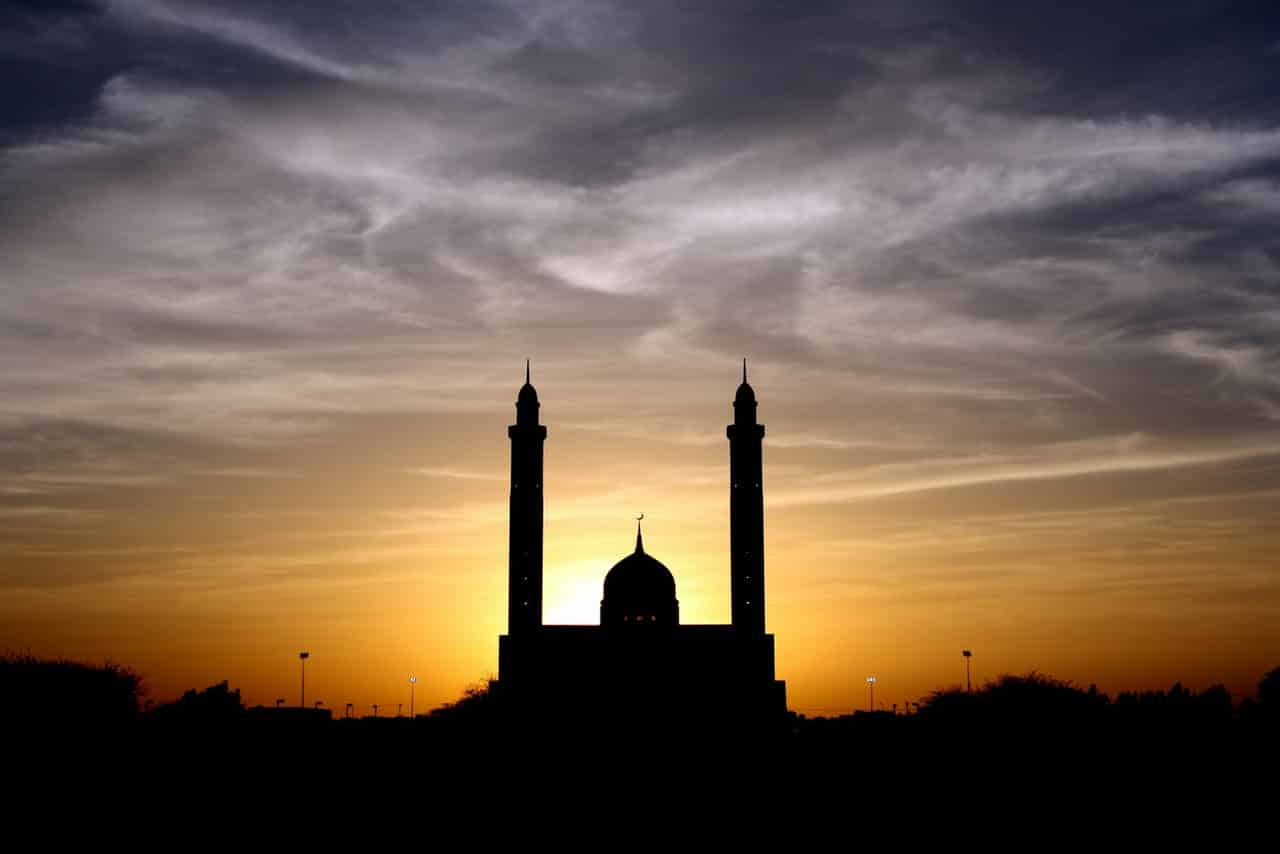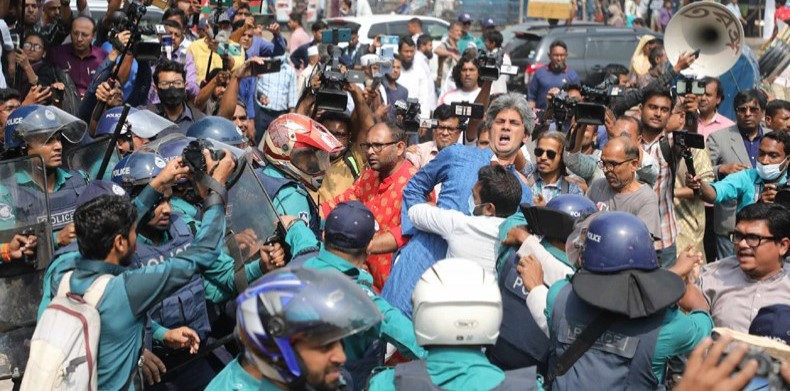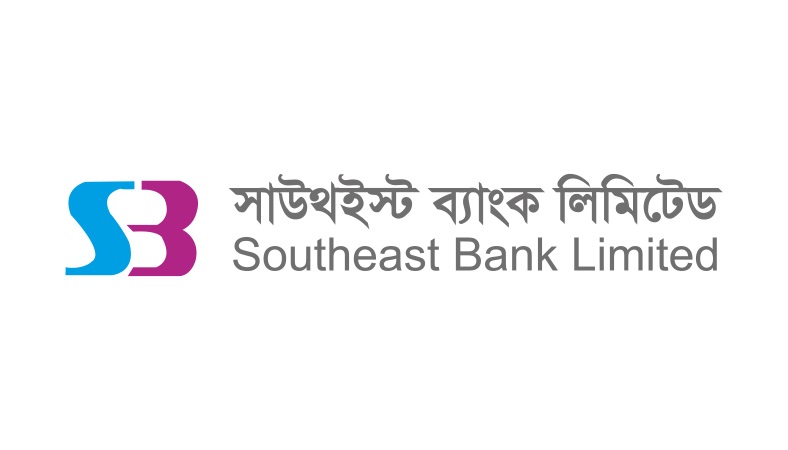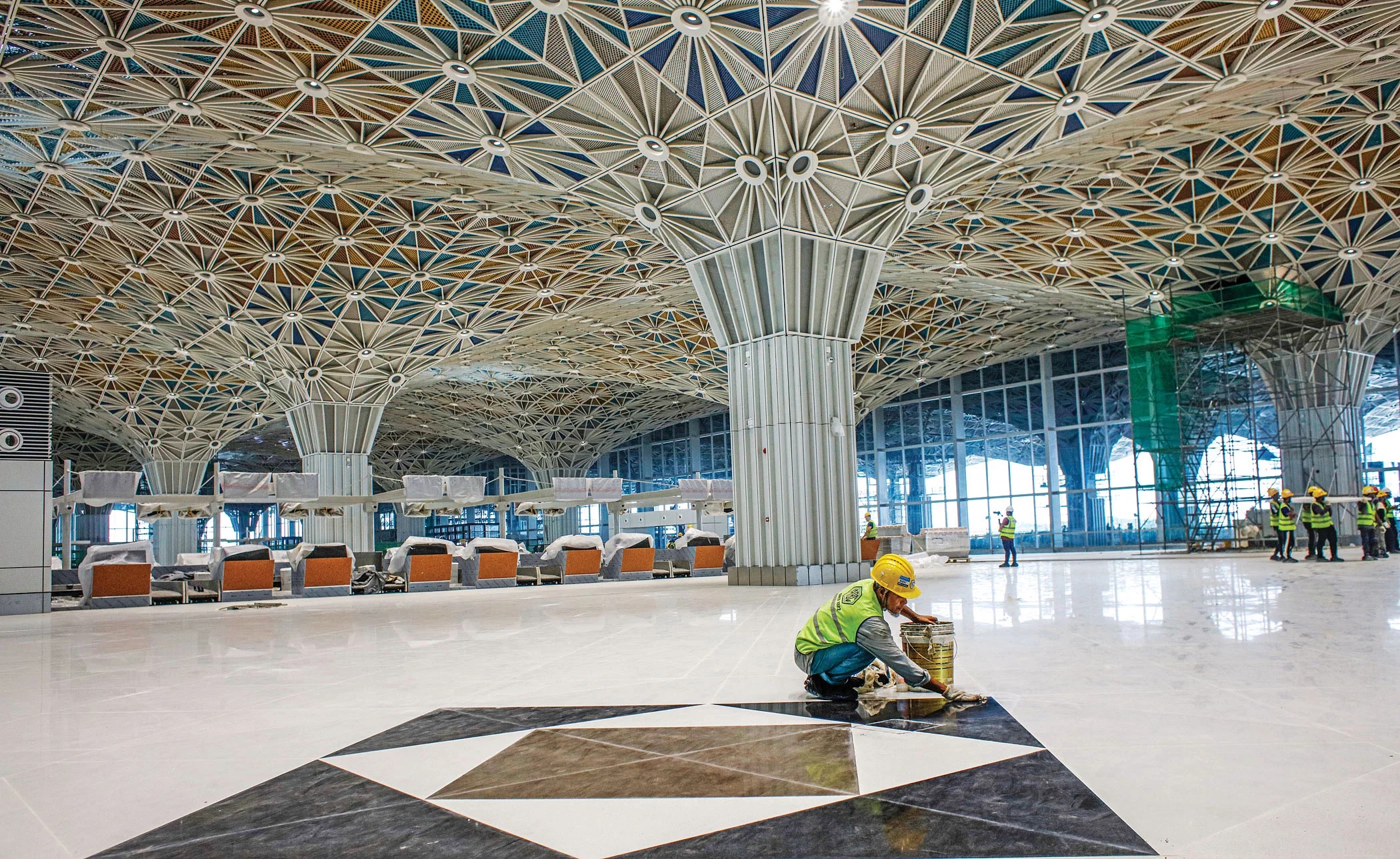The National Economic Council (NEC) sits today to consider the 8th Five Year Plan (2021-2025) of the country in order to attain 8 percent GDP growth on average per year and also to achieve various economic and social targets during the five-year period as envisioned under the country’s 2nd Perspective Plan (2021-2041), reports BSS.
NEC Chairperson and Prime Minister Sheikh Hasina will preside over the meeting virtually from her official Ganobhaban residence while Ministers, State Ministers and others concerned will join the meeting from the NEC Conference Room and also from the Bangladesh Secretariat.
Like before, General Economics Division (GED) under the Planning Commission has framed the draft of the 8th Five Year Plan which is also the first out of the four five-year plans to materialize the 2nd Perspective Plan (2021-2041).
According to a high official of the Planning Commission, targets have been set under the 8th Five Year Plan to attain GDP growth at 8 percent on average per year which is expected to reach 8.51 percent in 2025, which is also the last year of the Plan.
Besides, the government is also eying to generate around 11.33 million employments during this Plan period of which the number of overseas employments would be 3.25 million. Apart from this, around 7.81 million fresh workforces will be added to the labour market during this Plan period.
Besides, necessary strategy has been finalized under the Plan to lower the poverty rate at 15.6 percent by 2025.
Talking to BSS, Planning Minister MA Mannan said that the 8th Five Year Plan has been formulated as a “progressive plan” in continuation of the previous five year plans.
He said this expansionary Plan would be helpful in attaining growth, further alleviating poverty, further strengthening the rural economy, addressing income inequality, expanding and further deepening the coverage of the social safety nets.
“This 8th plan aims to further modernize all sorts of education including primary education while the technology-based education will be further expanded,” he added.
The Planning Minister said the country will witness more mega projects during this fresh five-year Plan period while the implementation of the existing mega projects would get a ‘pick-up’ as well as many of those would witness completion during this 8th Plan period.
He said the government would put more emphasis on boosting external and bilateral trade with the emerging economies side by side continue its efforts to explore new markets alongside keeping up the existing markets.
Another senior official of the Planning Commission told the national news agency that this five-year plan would also help the government in attaining the targets under the Sustainable Development Goals (SDGs) and the Delta Plan 2100.
“Besides, the experiences on implementation of the 7th Five-Year Plan and the government steps towards facing the adverse impacts of the COVID-19 were given special consideration towards framing the draft of this plan,” added the official.
Another official at the Planning Commission said around Taka 64959.8 billion will be required to implement this Plan considering the financial value of the year 2021. Out of that amount, Taka 12301.2 billion (18.9%) will be mobilized from the public sector while Taka 52658.6 billion (81.1%) from the private sector.
Out of the overall estimated amount required for implementing the Plan, the official said the government is eying to mobilize Taka 57483.9 billion (88.5%) from the domestic sources while Taka 7475.9 billion (11.5%) from the foreign sources.
Besides, the Plan also aims to raise the tax-GDP ratio to 12.30 percent from the existing level of 8.90 percent side by side made draft recommendations to make further amendments to the tax law and modernization and strengthening of the revenue board to boost the revenue collection as well as to reduce dependency on duty.
The Plan highlighted ensuring quality education, universal health services measures, creating employments for the returned workers and temporary unemployed people due to COVID-19, ensuring equality for both male and female towards entering the labour market, reducing income inequality, ensuring an integrated social safety net programme, facing climate change induced risks, ensuring sustainable urbanization and ‘Amar Gram Amar Shohor’ initiative.
A panel of economists, headed by the country’s eminent economist Dr Wahiduddin Mahmood, alongside other renowned economists, experts and business leaders, gave necessary directives to frame the “concept note” of the Plan in light of the political and economic philosophy of the government.
Later, the National Steering Committee, headed by the Planning Minister reviewed this concept paper and after completion of some 25 background studies based on various sector







